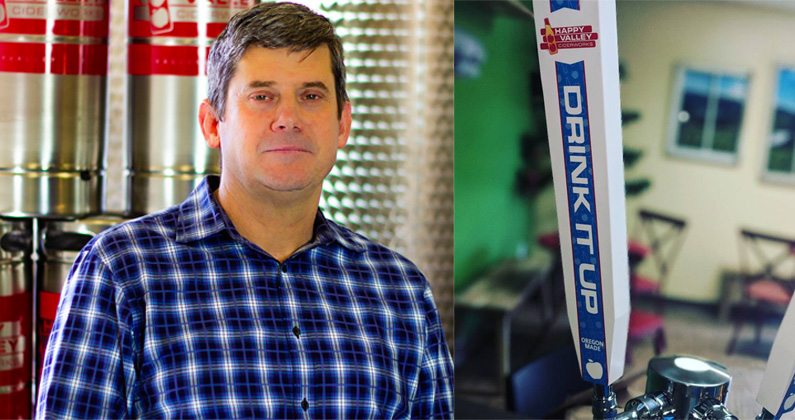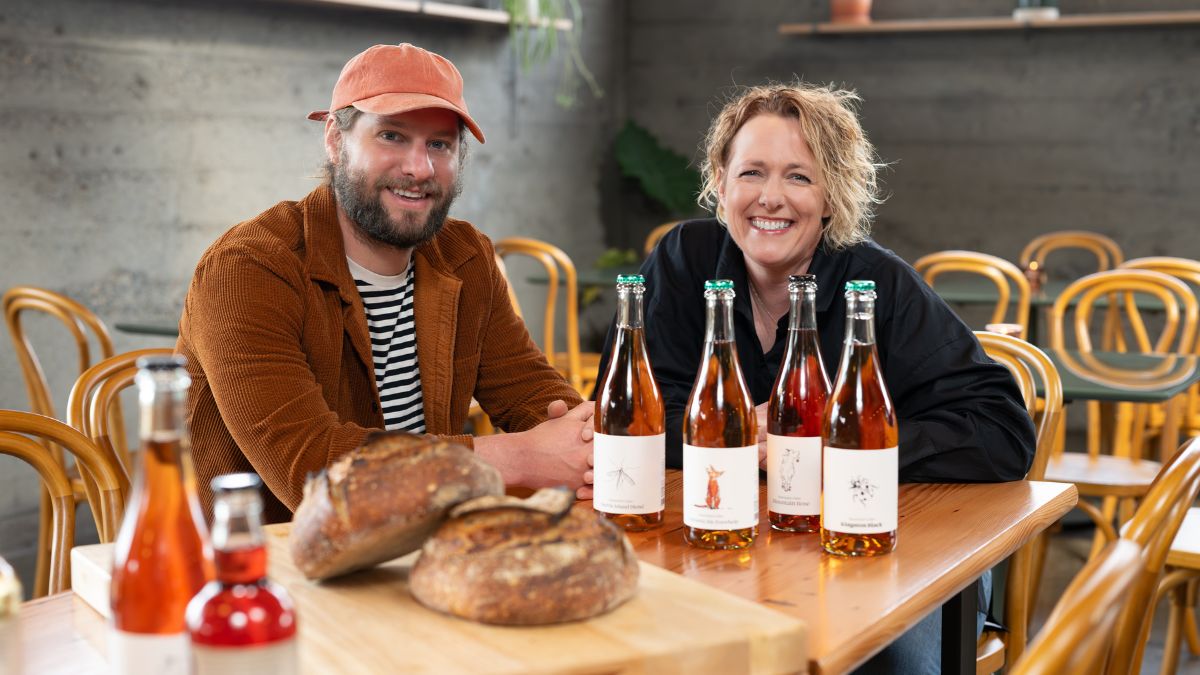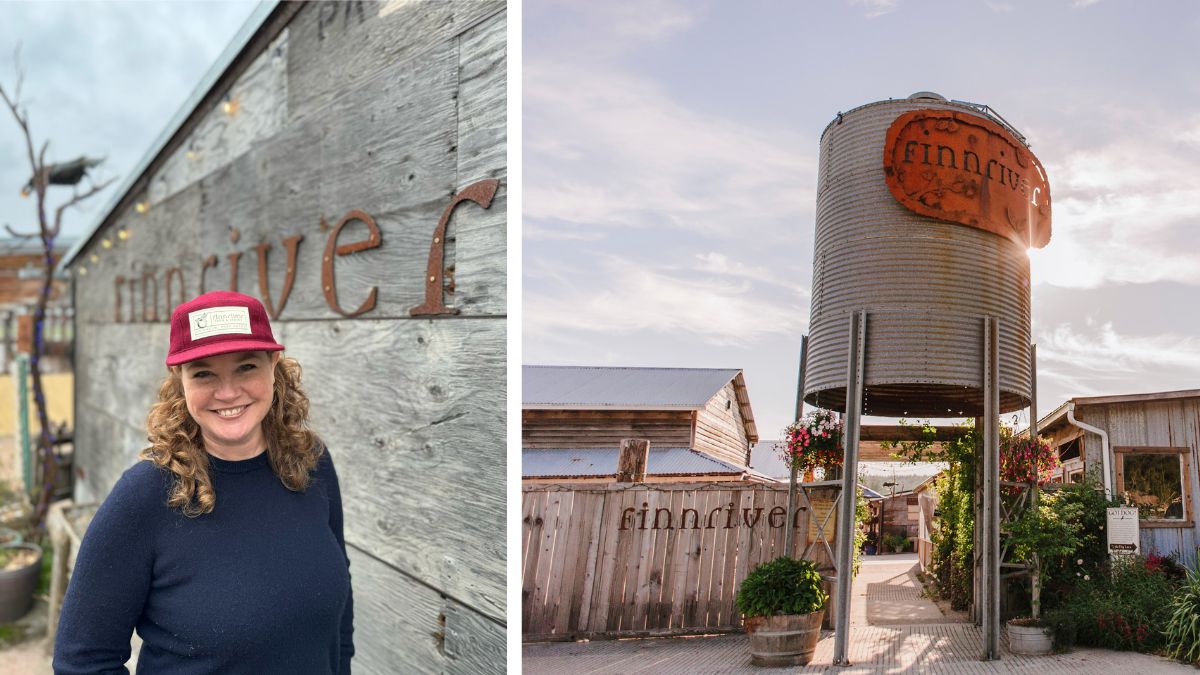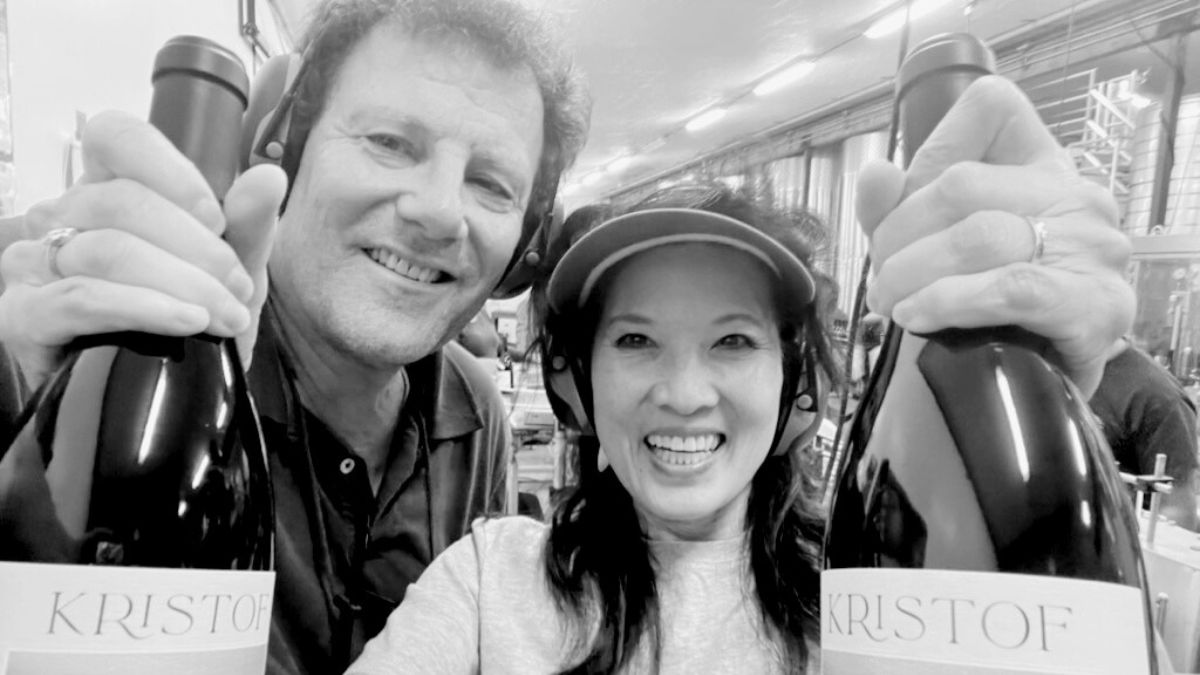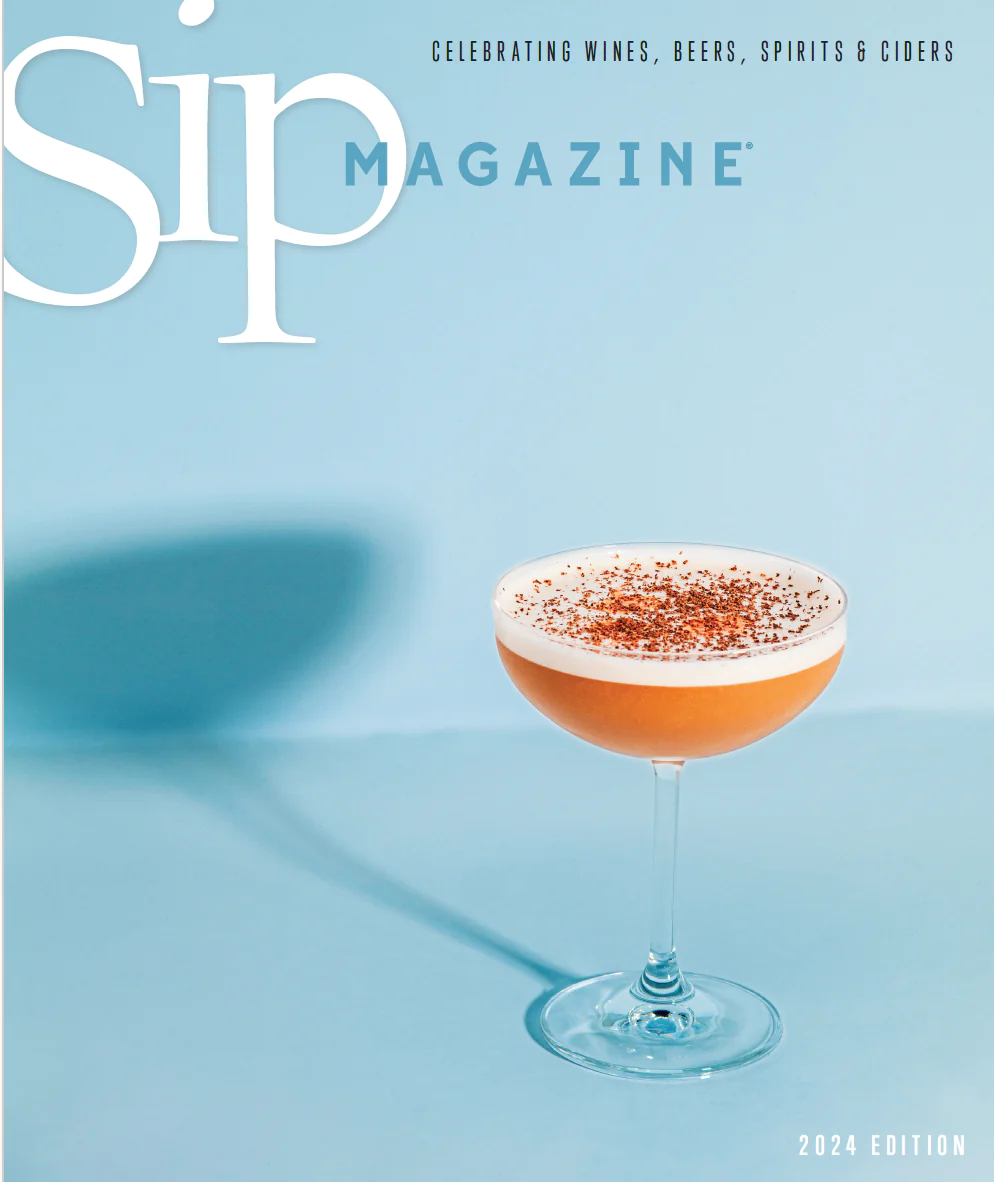The small town of Happy Valley, Oregon, sits just about 12 miles southeast of the heart of downtown Portland and is home to a rising star in the cider community. Drawing motivation from the local lore of youngsters indulging in some of the homemade cider in the nearby woods, Ryan Zook is bringing cider back to the community with Happy Valley Ciderworks. Here, he gives his thoughts on the future of cider and shares how he creates his own unique flavors.
1) What are the origins and inspirations behind create Happy Valley Ciderworks?
It probably started with beer, of all things. I was born and raised in Portland and was able to experience the craft beer renaissance first hand. My experiences led me to homebrewing. I followed with that for some time. As I worked to build a professional career I got away from brewing. But I always had an interest in craft beverages of all types. About 10 years ago, I started to make cider. The first few batches were pretty simple but I soon came to realize the flavors and complexities that cider can hold.
2) How is your approach to crafting cider unique?
I make modern ciders from dessert fruit juice. I try to make a cider that is approachable [for] the newer cider drinker but can still be appreciated by a more serious cider enthusiast. I started out making hard cider for my friends and family. Watching them drink and enjoy what I had made was one of the things that got me thinking I could make a commercial venture of this. So, now when I’m working on ciders, it’s always with the thought of making an easy-drinking, approachable cider.
The flavors I use come from real fruit and spices. Never say “never,” but I do try to stay away from added sugars and flavorings. The result is ciders that are on the drier end of the scale with more subtle flavor profiles. I’m always looking for the next flavor or adjunct to use. It’s great to take a couple seemingly distinct ingredients and put them together to come up with a unique flavor experience in a cider.
3) How do you think cider has evolved and adapted from the traditional styles and flavors into the modern marketplace?
In general terms, it seems the consumer is getting more educated about what cider can be. Early on, traditional heritage cider aside, the only readily available ciders were cloyingly sweet, watered-down versions of cider. When what people refer to as the “craft cider revolution” started, about 10 years ago, some really great ciders started to redefine and introduce what cider could be. Now cider drinkers have a broader spectrum of styles to choose from. They also have a higher expectation of consistency and quality.
4) What changes and trends do you see in the future for the cider industry?
The growth, at break-neck speeds, is over. There is still growth but at a more sustainable single-digit level. The industry is entering into a more mature stage. Cidermakers are being challenged to produce quality, innovative products. As far as trends go, ciders infused with different and unique spices and botanicals, new fermentation techniques and an increased interest in heritage ciders are some of the areas we’re looking at.

